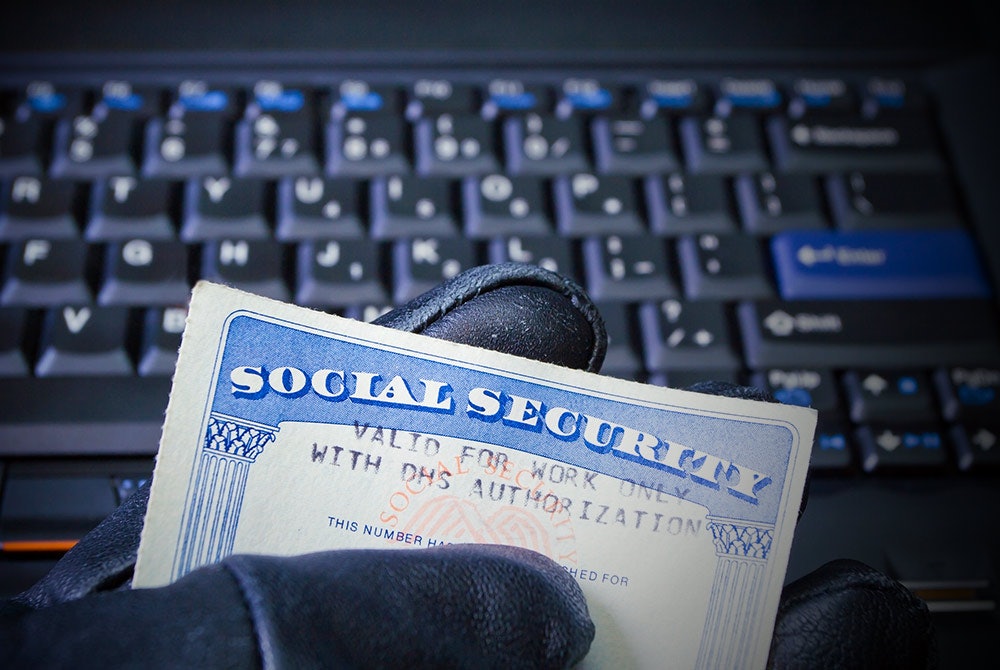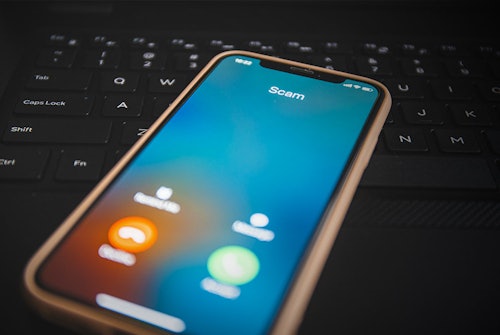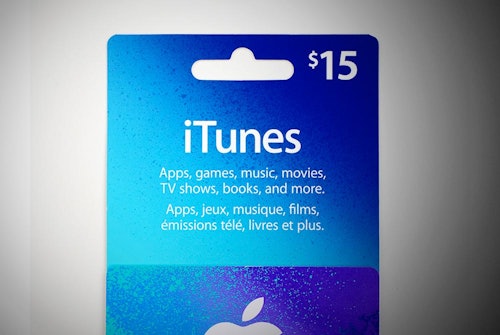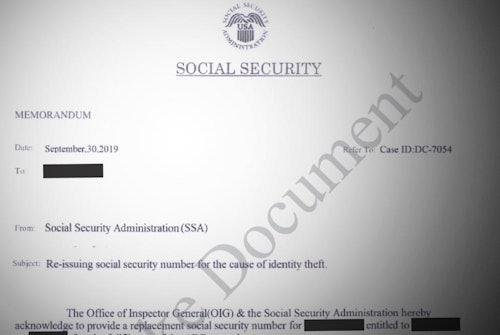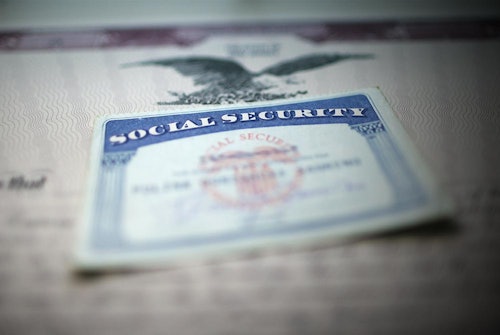Social Security In Depth
Beware of phone calls, text messages, emails, and letters that appear to be from the Social Security Administration (SSA). Scammers impersonate the SSA to try to get you to provide personal details or pay them money. The messages that you receive may look legitimate. Some of the ways to tell that it could be a scam include:
- You are asked to pay a fee immediately via wire transfer, cash, or gift card
- Claim that there is a problem with your account
- You are told that your Social Security will be suspended unless you contact them
- You get a message that you will be arrested or legal action will be taken against you unless you contact them
It can be scary to get this kind of message, from what you think is a trusted organization. That is what the scammers want. It is really important to pause, take a deep breath, and verify if the message is real or a scam.
What You Shouldn't Do
- If you receive a robocall (recorded message) never follow the prompt to "dial 1 to return the call"
- If you receive an email or text alleging it is from the SSA and includes a number to call do not dial it
- If you receive a request to pay or your account will be suspended do not pay any money and do not share any personal details.
What You Should Do
- If you get a call, that seems suspicious hang up immediately. Search for the SSA website find their contact number and call them to check.
- If you receive an email or text message do not respond. Search for the SSA website find their contact number. Call and get them to verify the message.
Please note, you may receive legitimate calls or emails and text messages from the Social Security Administration, particularly if you have opted in communication via these channels. To protect yourself, always search for their number on the Social Security Administration website and call them back, that way you know that you are speaking to a representative of the SSA.
Scams Relating to Social Security
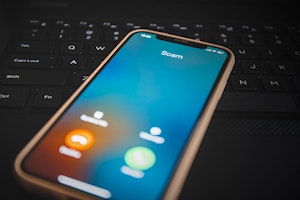
Beware of Social Security Scam Calls and Robocalls
Not every phone call from a government agency is legit, in fact, the majority of calls that have a "Social Security Administration" caller ID are actually from scammers.

Apple Gift Card Scam: Red Flags of Imposters After Your Money
Whether it's the IRS, Social Security office, or a relative, be careful with anyone asking for payment via an Apple gift card—it's likely a scam.
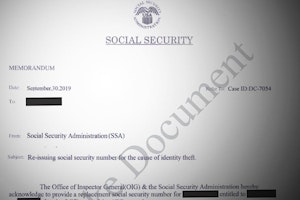
Social Security Scam Mail: Top Tips to Beat Scammers
If you receive a letter from the SSA or IRS, be sure to check for red flags of a scam before you send back any information—it could be a phishing attempt.

Tips to Beat Social Security Phishing Attempts by Scammers
When a government official contacts you, you tend to take it seriously. But beware, imposters are everywhere and trying to steal your information.
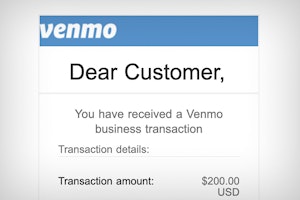
Selling on Facebook Marketplace? Beware of Fake Venmo Emails
Scammers are sending fake Venmo emails to Facebook Marketplace sellers in an attempt to steal login information and money.
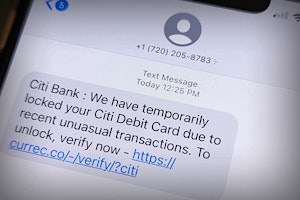
Citibank Text Message Scam: Locked Debit Card Alert Is Fake
If you've received a locked debit card text message from Citibank, it's likely a scam. Don't click on the link and delete the text message.
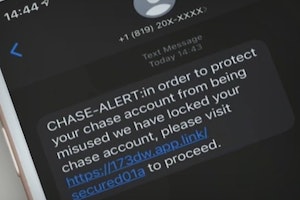
Real Chase Fraud Text Alert or Scam Message?
If you receive a text message from Chase Bank, don't click on any links or call the phone number listed—it could be a scam designed to steal your information and money.

Amex Fraud Text Alert Scams: Spotting a Fraud
If you receive a text message from American Express, don't click on any links or call the phone number listed—it could be a scam designed to steal your information and money.

Fake Verizon Text Messages: How to Avoid a Scam
Verizon may send you text messages from time to time with account updates or data usage alerts, but beware—most of these aren't really from Verizon but scammers.

Get an Unexpected Delivery Alert? It May be a UPS Text Scam
Scammers are using SMS messages to send fake alerts to customers regarding a package delivery. Here's what to know about this scam.
Guides Relating to Social Security
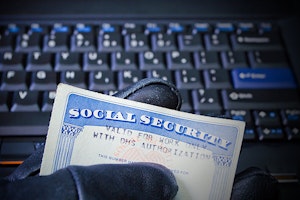
How to Beat Social Security Scams & Keep Your Identity Safe
With thousands of fake Social Security calls made every month, chances are these scammers have targeted you at one point or another.
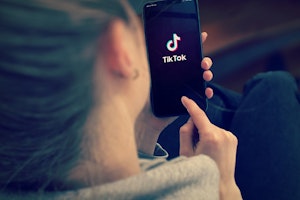
How to Get Verified on TikTok
Securing that little blue checkmark can mean brand collabs, sponsorship opportunities, or protecting your unique content from impersonators.

How to Tell if Nikes Are Fakes: From Tags to the Stitching
Nike is one of the biggest brands targeted by counterfeiters and scammers - be extra careful with Nike products from non-official retailers as you could end up with a fake

Funeral Homes & Prices - What Are The Costs & Your Rights?
Average prices from funeral homes range between $8k to $14k and consumers are meant to be protected by a 'Funeral Rule' - what are your consumer rights?

How to View Your Amazon Archived Orders & Hide Search History
If you share your account with multiple users, archiving your past orders is a good way to keep others from seeing your orders and ruining a surprise or seeing private orders.
News Relating to Social Security

Urgent CDC Warning: Eye Drops Linked to 3 Deaths, Loss of Vision
The CDC is warning eye drops users of a rare bacterial infection from 2 brands of eye drops. The infection is resistant to antibiotics and has resulted in the loss of vision, loss of eyeballs and the death of 3 patients.

Banks May Refund More Zelle Scam Victims in 2023
Zelle scams have reached a serious volume. New reports suggest that banks are looking at new refund protections for customers in 2023.

Optus Data Breach - One of the Worst Cyberattacks in Australia
Hackers have gained access to 9.8 million customer records from Optus in Australia, exposing personal information such as driver licence, medicare and passport details.

Roe vs. Wade Overturned: Abortion Rights in Your State
Find out what the overturning of Roe vs. Wade means for abortion rights in your state.
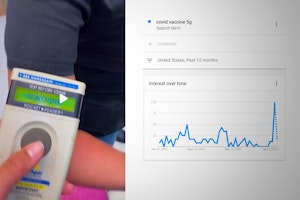
Searches for "COVID Vaccine 5G" Hit All-Time High, But Microchips Definitely Not in Vaccine
The number of people searching for the term "COVID vaccine 5G" on Google has just hit an all-time high, but there's one way to be sure that there are no microchips.
